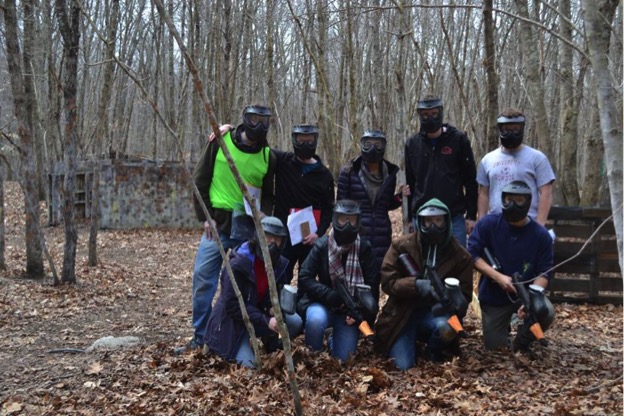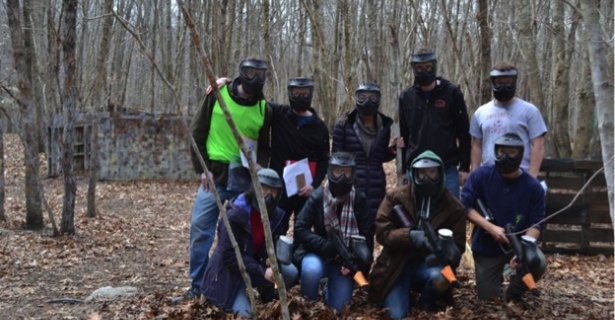On April 8th-9th, Tufts students participated in a live simulation known as FieldEx, hosted by the civilian-military relations organization ALLIES. Organized by a committee of undergraduate students, FieldEx is always one of the highlights of the year for the group. This annual event brings together undergraduate students from all different disciplines to play-out a pre-determined scenario on a paintball field. This year the simulation was a resource conflict set in Antarctica after Earth was deemed unlivable because of climate change. The scenario pitted different types of governments and individuals against each other to compete for the limited resources available on the field. Some of these groups included a democratic government, a coalition of international scientists, and a covert team responsible for constructing a geothermal plant. Aided by graduate student advisors, FieldEx participants received advice on security and development issues throughout the simulation. These advisors made the scenario as realistic as possible. Some of the lessons learned from this year’s event included recognizing the importance of unarmed actors and diversifying skillsets on a team.

From Alex Jaramillo, “This was my first time at FieldEx, and I wasn’t sure what to expect, but my concerns were quickly assuaged when everyone separated into groups and character roles were handed out. I was assigned the role of a survivalist that was suspicious of governments and centralized power, a general sentiment shared by my group. In our preliminary meetings, we decided that we would spread a religion, and try to make peace among other groups.
In the first round, our missionary and his assistant were killed on the field, so we quickly decided to ally with a scientist group that had no paintball guns for protection. As a unified group, we also started to take in refugees from other countries, and had a few defensive skirmishes with some armed groups.
After we gathered resources and worked on developing our shelter, some fractures began to arise in our relationship. It seemed that we disagreed on who the improvements of the shelter belong to, and who was really calling the shots. We were considering an assassination of the chief scientist to maintain our position, but our advisor recommended talking it out before resorting to such Machiavellian measures. Thankfully, we worked out the kinks in the relationship in a private meeting with the leader of the scientists.
As more and more groups dissolved, more refugees came to us, bolstering our numbers. The three main players were now our group, a dictatorship, and a suspicious scientific expedition. There was also a libertarian group out in the distance. We tried to negotiate with them, but they simply didn’t care for the power struggles between the major states.
Unfortunately for our original anti-government plans, our location between the three other groups forced us into conflict with both of them. Eventually, the expedition built a geothermal plant, which allowed them to buy more paintball guns and shelter upgrades. While it was an uphill battle, both literally and figuratively, our group eventually beat out both the dictatorship.
FieldEx showed my group that with changing power structures and with new information constantly being assessed, goals can and must change in order for groups to survive and thrive. While our geographic position forced our hand on many issues, we also negotiated peace treaties at opportune times to help our group in the long run.”


